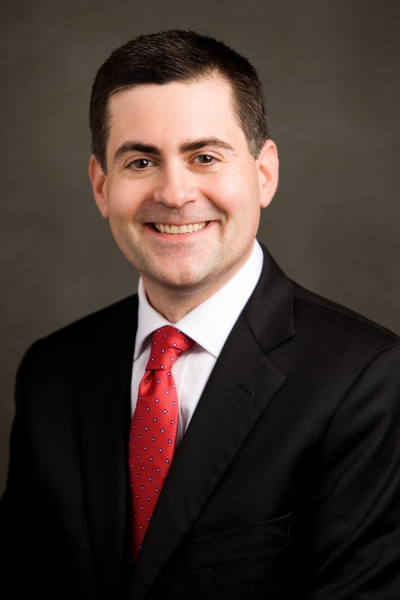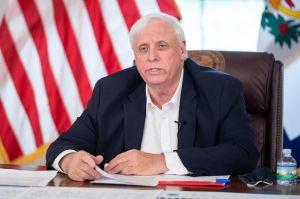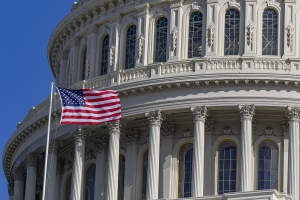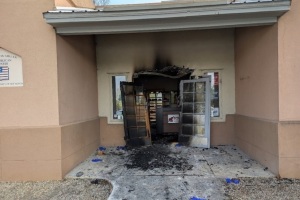In Defense of the Unspoken Prayer Request

The other day I overheard some friends, fellow believers, bemoaning several problems in American evangelical church life. One of these was the tendency of some people, in a small group setting, to respond to a call for prayer requests by asking for prayer for an "unspoken" concern. My friends sighed in exasperation and rolled their eyes. I once held the same view as they, but I've changed my mind. Lord knows we need lots of things changed in American Christian culture, but the unspoken prayer request isn't one of them.
To be fair, it's been a long time since I've actually heard someone give an unspecified prayer request quite that way, but over the course of my ministry I've heard it a lot. I'd end a Sunday school class or a small group retreat asking for what we should pray about, to have one or two people say the simple word, "unspoken." I think we should hear this more.
The unspoken prayer request is, first of all, almost all the time a genuine asking for prayer, as opposed to a means of communicating facts to others. We've all been in prayer meetings where every detail of a skin-rash treatment or of a child's honor roll grades in college are offered with the kind of specificity that, at least sometimes, is more akin to a Christmas newsletter or a Facebook post than to a petition to God.
The person who asks for a request that is "unspoken," though, is almost always someone genuinely grappling with a burden or a dilemma. The burden is so great that he or she doesn't even feel ready to talk about what that burden is. Why would we not want that? When the Bible tells us to "bear one another's burdens" (Gal. 6:2), why would we not want to bear even the burden of not knowing whether or how to talk about the burden?
After all, sometimes the requester is dealing with a sense of shame, or navigating how to pray for someone else without embarrassing that person or subjecting the prayed-for to gossip. We actually all have "unspoken" prayer requests. A person might ask you to pray for their Aunt Flossie's heroin addiction, but it would be terrible to do so on the town's Christian radio talk show. We should confess our sins to one another (Jas. 5:16), so it is good if a Christian asks her friends or her pastors to pray for her struggle with pornography. She should not make the same request as she's leading children's church. When thinking through how to forgive those who've harmed me, I can't very well give a prayer request that is itself can be an attack on those I'm trying to forgive. Would it be better to not ask for prayer at all?
But even more than that, the unspoken prayer request is fully in line with how the Scripture calls on us to pray. Jesus teaches us how to request our daily bread, but tells us not to rattle on and on, as though it is our "many words" that gets God's attention (Matt. 5-13). That's partly because our Father knows what we need before we ask (Matt. 6:33), and he, unlike Baal, isn't summoned down by theatrics or incantations (1 Kings 18:27-29, 36-38).
God calls us to make our petitions known to God (Phil. 4:6), and so it is good to do that together. But often it's not just that God knows what we need before we ask, but that God knows what we need before we do. We often don't know how to pray as we ought, Paul teaches us, and in that "the Spirit himself intercedes for us with groanings too deep for words" (Rom. 8:26). The person who asks for an unspoken prayer request may well just be in this process, trying to figure out how to pray and for what to ask. Maybe he or she needs prayer to be able to pray. That isn't a sign of rampant evangelical individualism but rather the exact opposite. Moreover, the unspoken prayer request is often a confession of powerlessness, of vulnerability. God doesn't despise that, and neither should we.
We pray often for God to revive his church, to breathe life into these dead bones. Maybe one way he will know he is doing so is when we hear more of us reaching out for one another's hands and, with tears in our eyes, saying one word: "Unspoken."
Originally posted at RussellMoore.com.





























